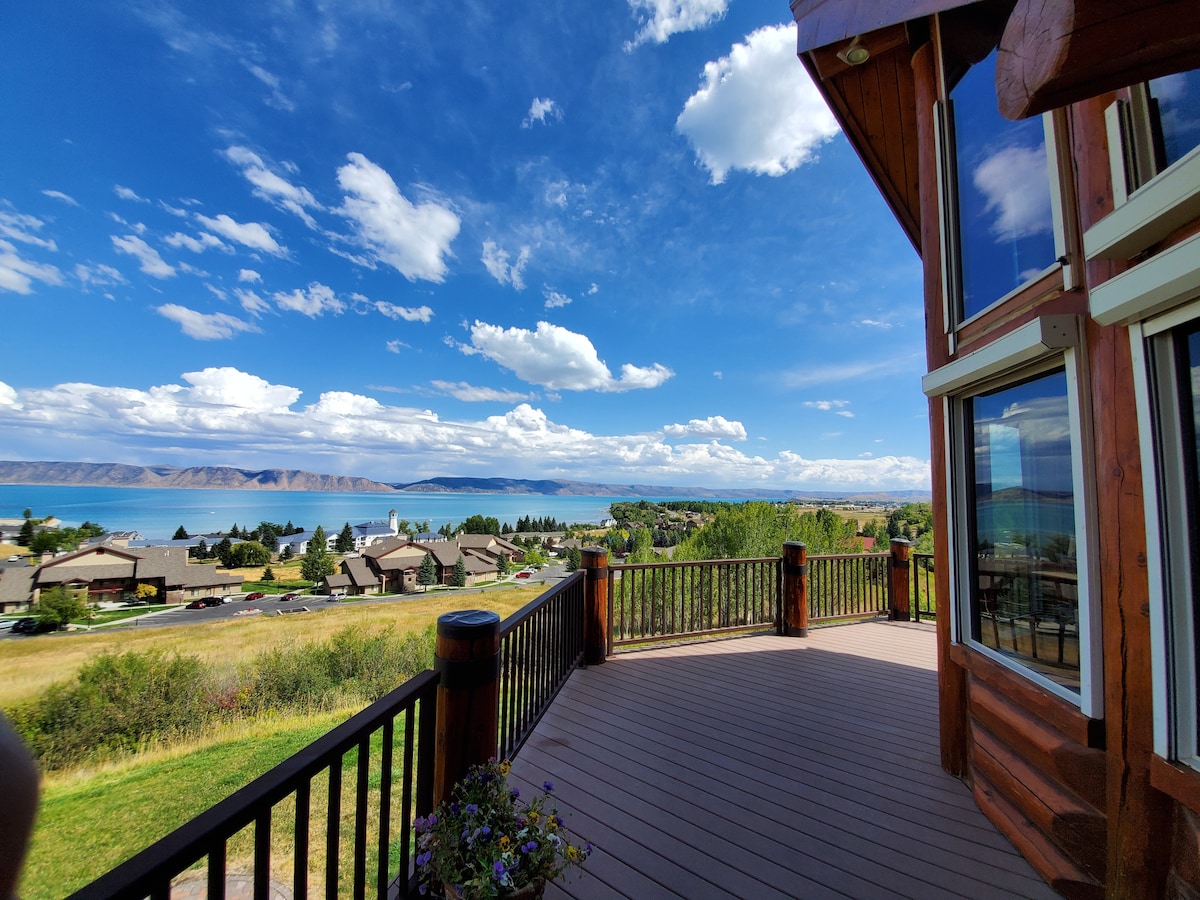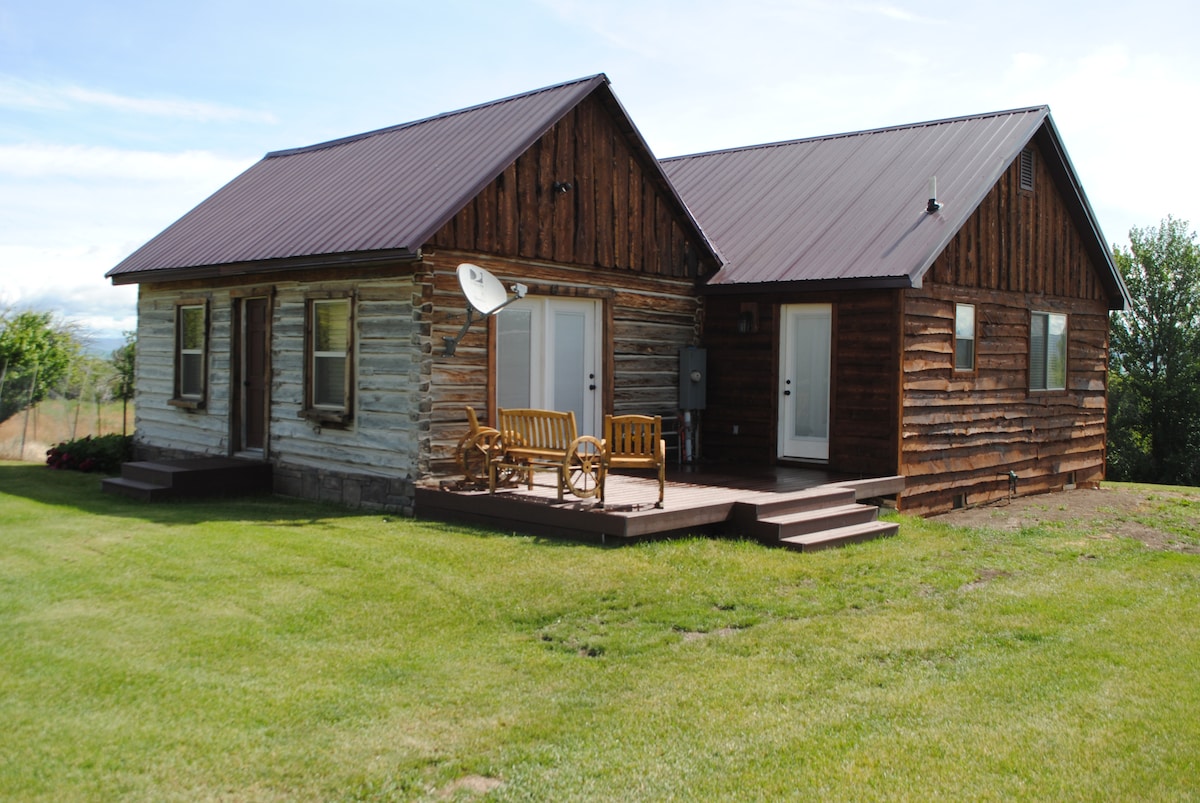


Chesky said rooms would be particularly appealing to younger travelers who can't afford to rent an entire house.Īirbnb is gradually making cleaning fees - a major complaint among Airbnb customers - part of the total price that consumers see first when they search for lodging. Last week the company announced a renewed emphasis on renting rooms in hosts' houses, which it said would provide rentals averaging $67 per room per night. Price hikes in some places were offset by a slight shift toward in-city rentals, which tend to be lower in price than whole-house rentals in beach and mountain destinations.Īirbnb has grown increasingly concerned about rising rates, which could be pricing out some consumers.

The average nightly rate paid by Airbnb customers was $168, level with a year earlier, the company said. The company said cross-border bookings grew 36% over last year's first quarter, helped by travel to and within the Asia-Pacific region and bookings into North America. More of those people are booking international stays. In a letter to shareholders, Airbnb said its revenue and the gross value of bookings are both double what they were before the pandemic.Īirbnb is getting a lift from people who are traveling while they take advantage of the ability to work remotely and stay away from the office. That was below analysts' average prediction of $2.42 billion. The company predicted that revenue in the second quarter, which includes the start of the peak summer travel season, would be around $2.40 billion. The company said bookings will grow more slowly than revenue in the April-through-June period, and the average daily rental rate will be “slightly lower” than a year earlier. However, Airbnb said second-quarter bookings growth won't look as robust as they did a year earlier, when consumers were busy booking travel after hunkering down at home during the outbreak of COVID-19's omicron variant.


 0 kommentar(er)
0 kommentar(er)
